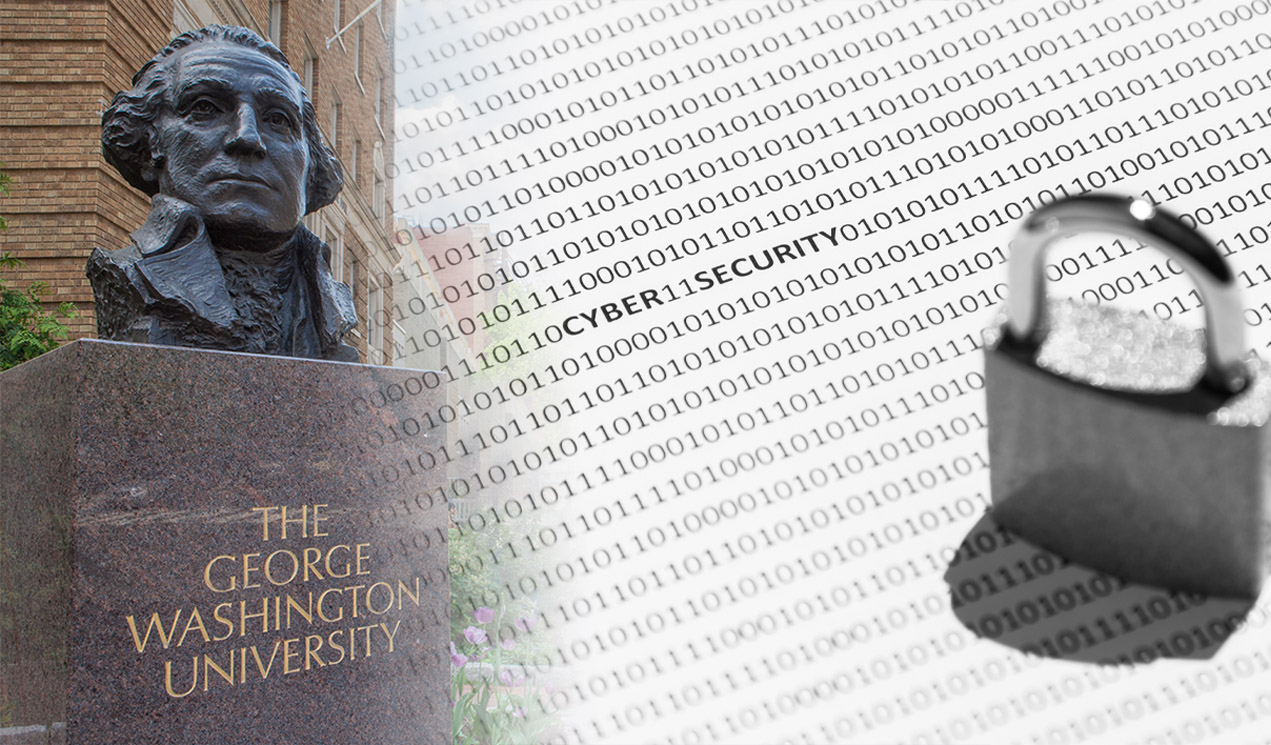ICT Security and Artificial Intelligence
Master

Diploma awarded
: Specialized Master (MS)Duration of studies
: 2 yearsCoordinator
: ZINEDDINE MHAMEDBrochure: Master in ICTS and AI
• Cyber security Basics
• Applied Network Defense
• Project management
• Operational Research
• Business English and Entrepreneurship
• Applied Data Analytics
• Advanced English Language Proficiency
• Advanced Linux administration
• Cryptology
• Applied Machine Learning for Engineers
• Secure Cloud Computing
• Auditing Monitoring and Intrusion Detection
• Advanced Data base administration
• Introduction Spanish Language
• Academic Writing
• DevSecOps
• IT Strategic management
• Blockchain Technologies
• Mobile security
• Management of Info & Systems Security
• Open Source Intelligence Analysis
• Personal Development and Integration into the Workforce in Arabic
• Final year project (Equivalent to 6 subject modules)
Integrate artificial intelligence (AI) technologies into cyber-security to enhance threat detection and response capabilities.
Develop AI-driven cyber-security solutions to address evolving cyber threats and vulnerabilities.
Prepare students to leverage AI tools and techniques for proactive cyber security defense
School of Digital Engineering and Artificial Intelligence (EIDIA)
The competencies to be acquired in a Master's program in Cyber-security and Artificial Intelligence may include:
1. Proficiency in applying cyber-security principles and practices in real-world scenarios.
2. Ability to analyze complex cyber-security challenges and develop innovative solutions using artificial intelligence.
3. Skill in implementing and managing cyber-security technologies, including intrusion detection systems, firewalls, and encryption protocols.
4. Competence in conducting risk assessments and developing risk mitigation strategies.
5. Knowledge of cyber-security laws, regulations, and industry standards.
6. Ability to communicate effectively with stakeholders about cyber-security risks and solutions.
7. Skill in collaborating with multidisciplinary teams to address cyber-security issues.
8. Capacity to stay abreast of the latest trends and developments in cyber-security and artificial intelligence.
9. Ethical awareness and commitment to upholding ethical standards in cyber-security practice.
10. Strong analytical and critical thinking skills to evaluate and respond to cyber-security incidents effectively.
The knowledge to be acquired in a Master's program in Cyber-security and Artificial Intelligence may include:
1. A deep understanding of the fundamental principles and concepts of Cyber-security and artificial intelligence.
2. Knowledge of cutting-edge technologies in cyber-security and artificial intelligence, including intrusion detection systems, machine learning, and cryptography.
3. Mastery of advanced techniques for protecting networks, data, and systems against cyber attacks.
4. Understanding of the ethical, legal, and societal aspects related to Cyber-security and artificial intelligence.
5. Ability to design, develop, and implement cyber-security solutions integrating artificial intelligence technologies.
6. Skills to analyze potential threats and develop appropriate defense strategies using artificial intelligence tools.
7. Competence in risk management and compliance in cyber-security and artificial intelligence.
8. Ability to conduct independent research in the field of cyber-security and artificial intelligence, and effectively communicate the results.
9. Knowledge of emerging trends and future developments in cyber-security and artificial intelligence.
Diplomas required:
- Bachelor
- Bachelor's degree
- Professional degree
- Any equivalent diploma
Undergraduate Degree:
Applicants should hold a bachelor's degree or equivalent in computer sciences, information technology, or a related field.
Selection procedures:
Examination of the application: (Specify the selection criteria: honors, number of years of study, marks in main subjects, etc.)
Selection Criteria:
1. Undergraduate Degree: Applicants should hold a bachelor's degree or equivalent in computer science, information technology, or a related field.
2. Academic Performance: A minimum GPA of 12 on a 20 scale is required.
3. Letters of Recommendation: Two letters of recommendation from academic or professional sources are required.
4. Statement of Purpose: Applicants must submit a statement of purpose outlining their interest in cyber security and artificial intelligence.
5. Relevant Experience: Prior experience in cyber security, artificial intelligence, or related fields is considered advantageous.
Selection Process:
1. Initial Review: Applications are reviewed by an admissions committee, which assesses each applicant based on the criteria listed above.
2. Final Decision: Based on the application materials and the written test score, the admissions committee makes final decisions regarding acceptance into the program.








